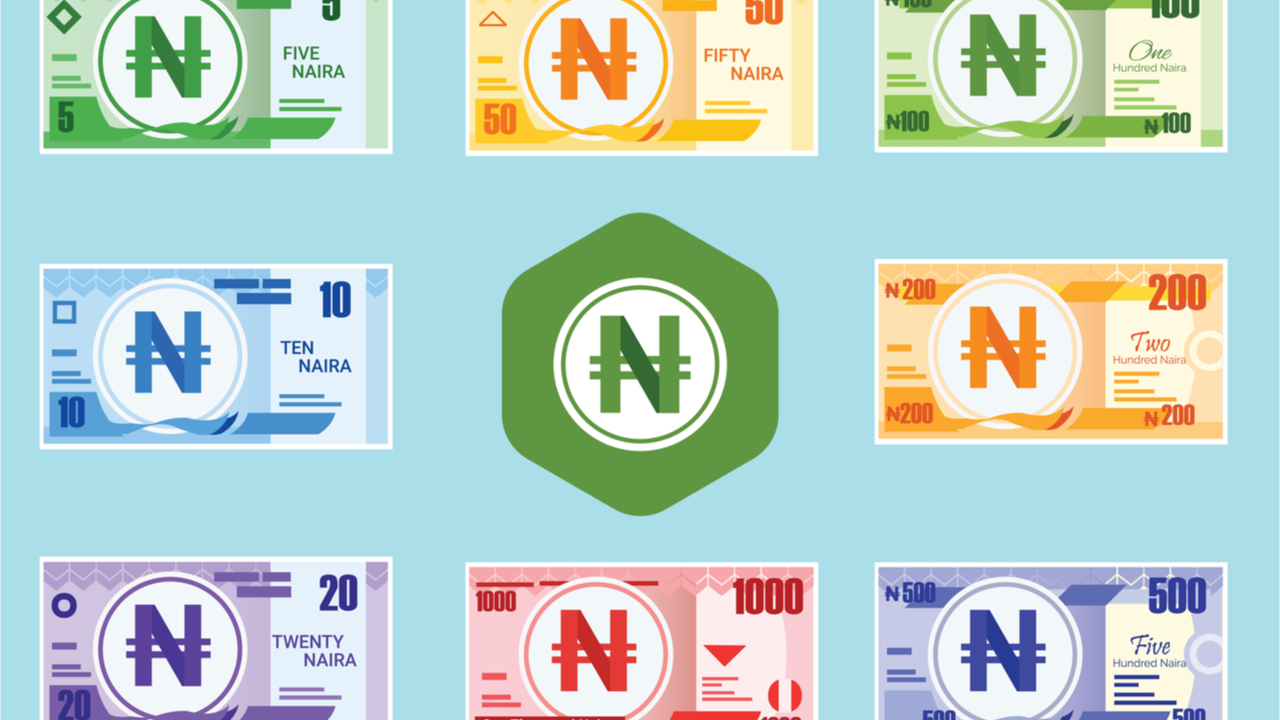
The Central Bank of Nigeria (CBN) has reportedly confirmed that its e-naira digital currency will have a legal tender and non-interest-bearing asset status. In addition, a limit on customer transactions and value-based transactions will be imposed.
Five-Stage Launch
According to a Nairametrics report, the new revelations concerning the e-naira’s design as well as the operational module are contained in a document that was recently sent to banks by the CBN. The same document also shares details about the duties assigned to each of the parties participating in the e-naira program.
As explained in the report, the CBN itself will be responsible for the first part of the e-naira rollout. This will involve the issuing, distribution, redemption, as well destruction of the currency. In the second stage, which is called the Financial Institution Suite, “licensed financial institutions will be able to request currency or issue stablecoins.” They will also “manage digital currency across branches, KYC, identify and AML compliance capability.”
The Nigerian government will become involved at the third stage where it will “process digital payments sent to and received from citizens and businesses.” At the fourth stage are merchants who are expected to provide “low-cost payment and business management software, POS, remote payment solutions, online capabilities, transaction analysis and reconciliation.” The last stage, which is also known as the Retail Consumer Suite, will focus on the digital currency’s architecture.
‘Speed Wallet’
Meanwhile, a separate report says the CBN is now on course to launch a wallet for its digital currency. According to the report, this wallet enables the CBN to meet its goal of launching the e-naira by October 1, 2021. However, this wallet will not compete with existing banks. Instead, the Cryptotvplus report says it will “serve as a means to transact value, pending when banks and other innovators can provide their own wallets.”
The wallet, which is also known as the Speed Wallet, will have three tiers. The first tier is designated for Nigerians without bank accounts. However, access will only be gained upon the submission of “a passport photograph, name, place & date of birth, gender, address and phone number.”
Tier-two wallet users on the other hand must “own an account with an existing bank.” Users at this level “can only send and receive $400 [N200,000] daily with a cumulative balance daily of $1,000. [N500,000.]” The minimum requirement for this level is a Bank Verification Number (BVN). The third tier allows transacting daily to the tune of $2,000 with a cumulative balance daily of $10,000. Having a BVN is the minimum requirement.
How do you rate the e-naira’s chance of succeeding? Tell us what you think in the comments section below.
from Bitcoin News https://ift.tt/38oCXsl
Comments
Post a Comment